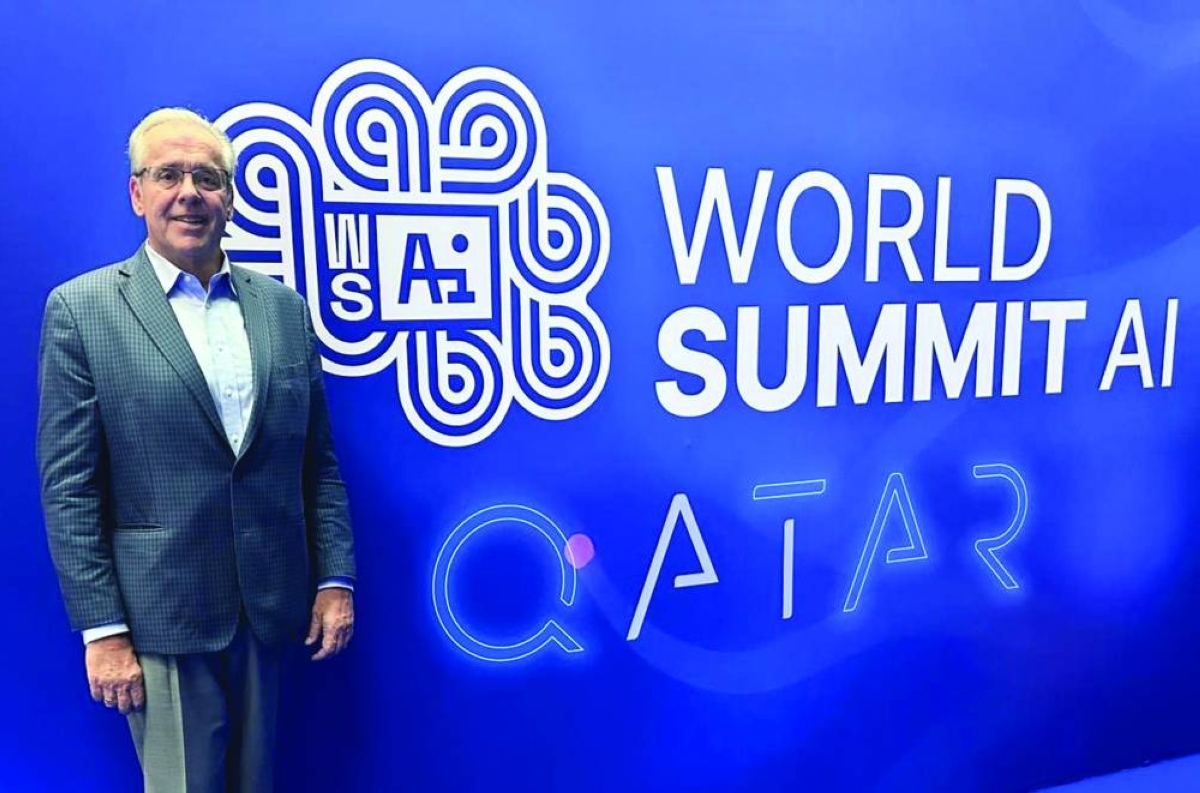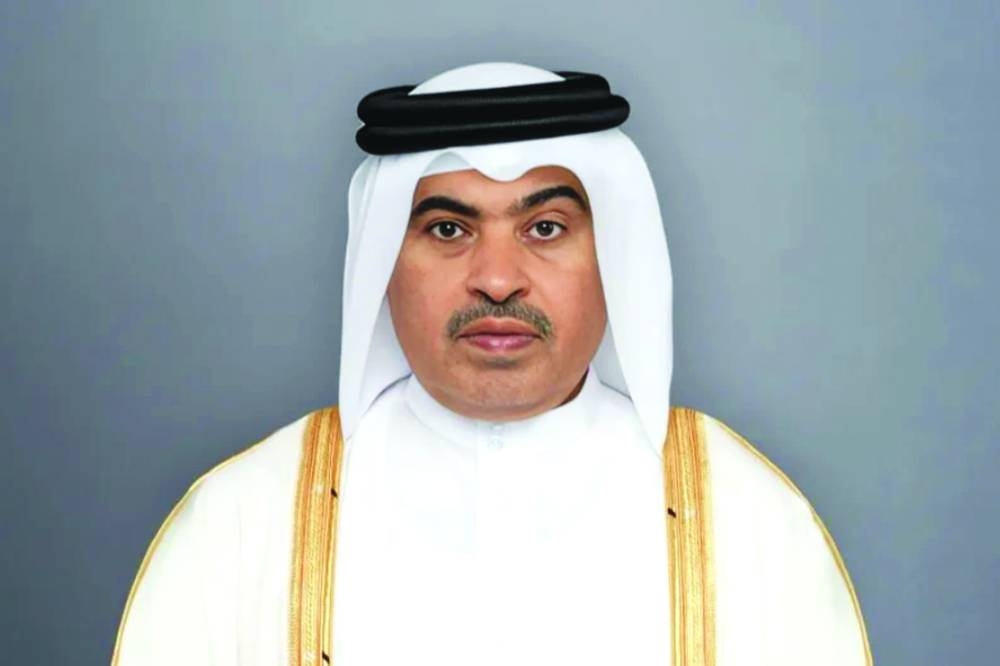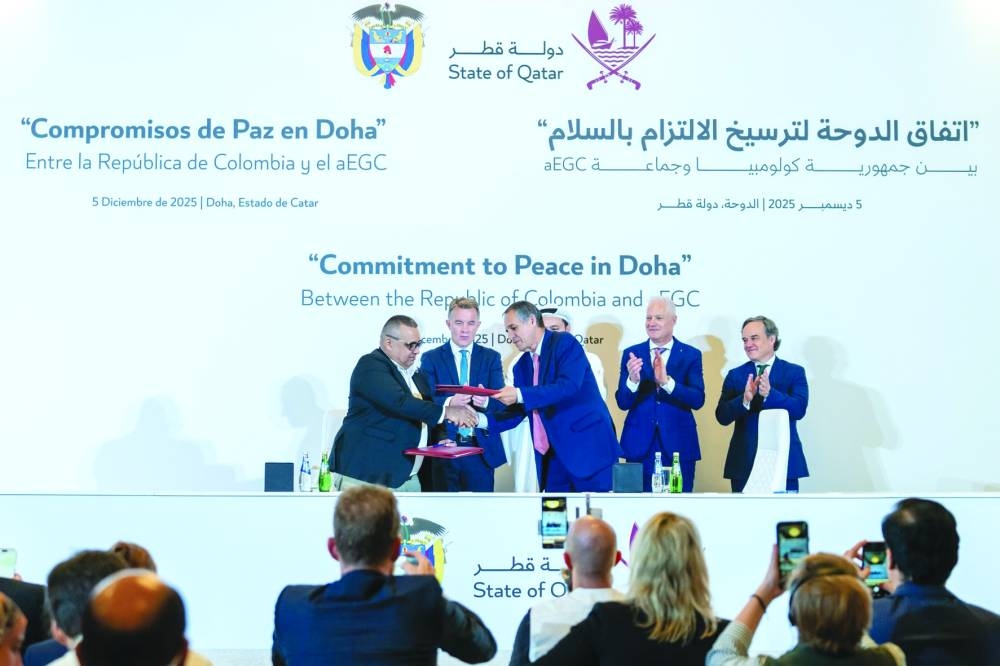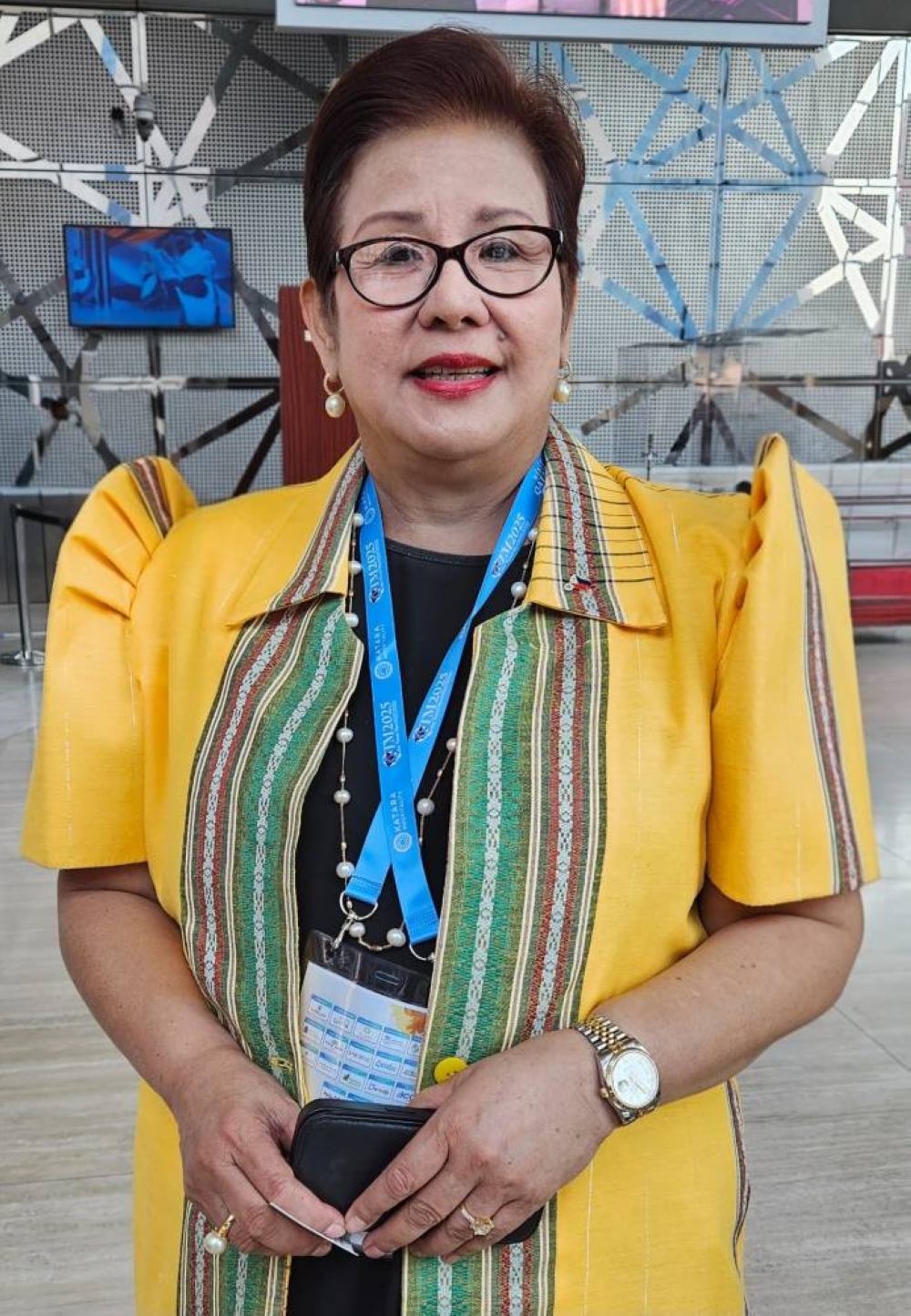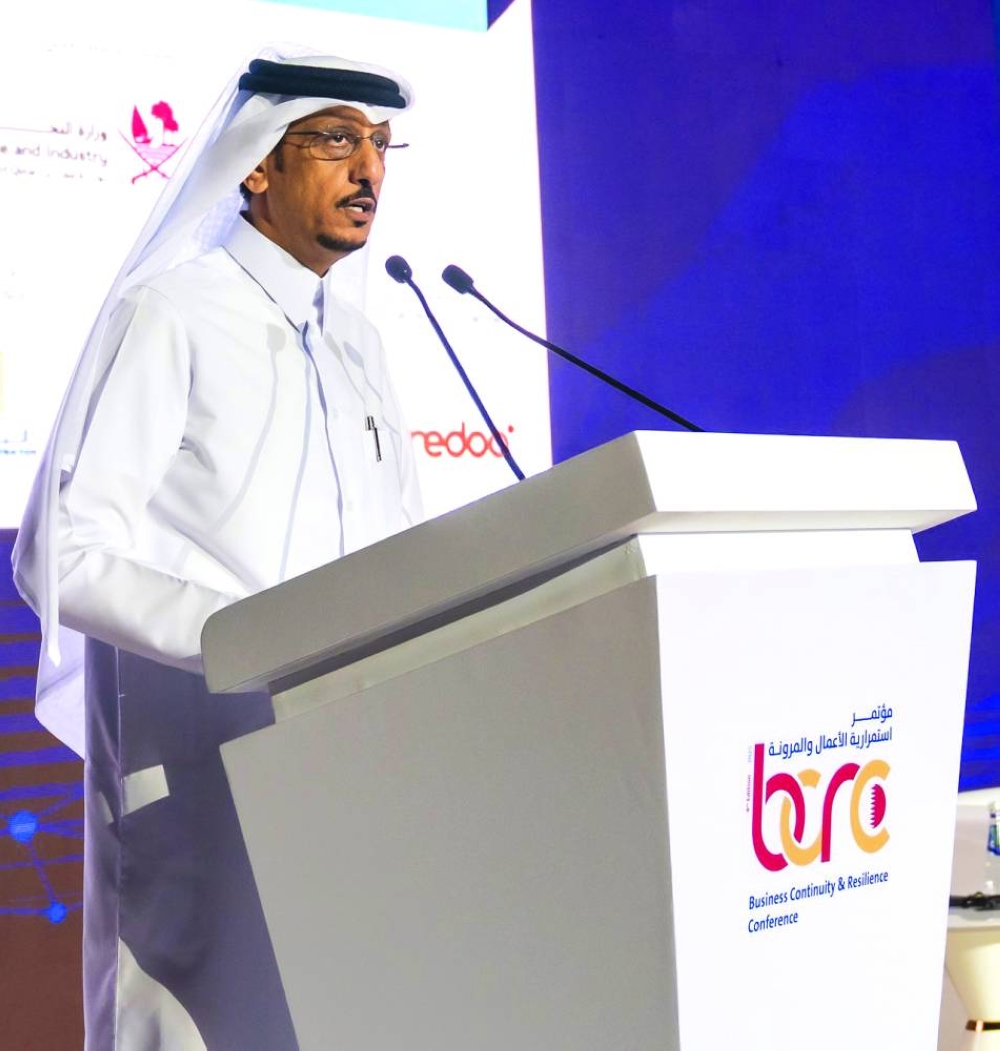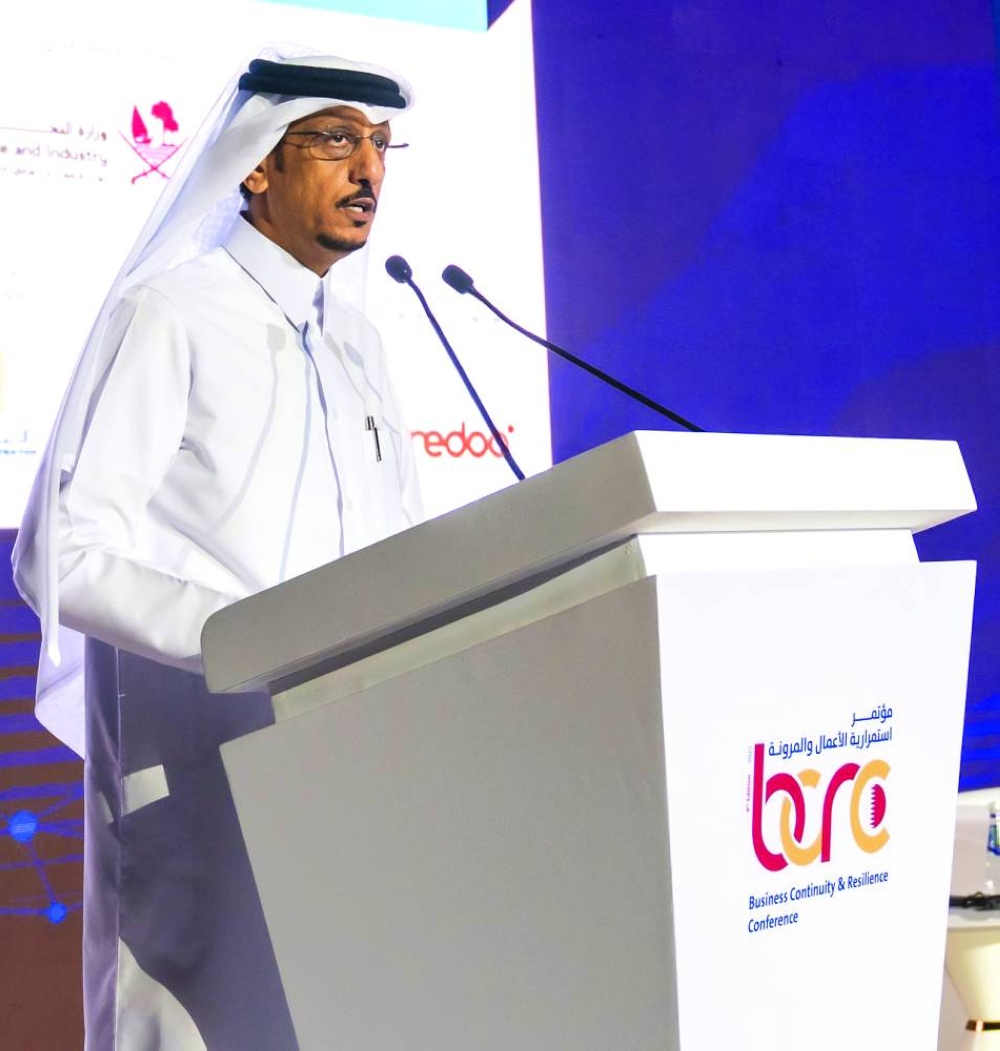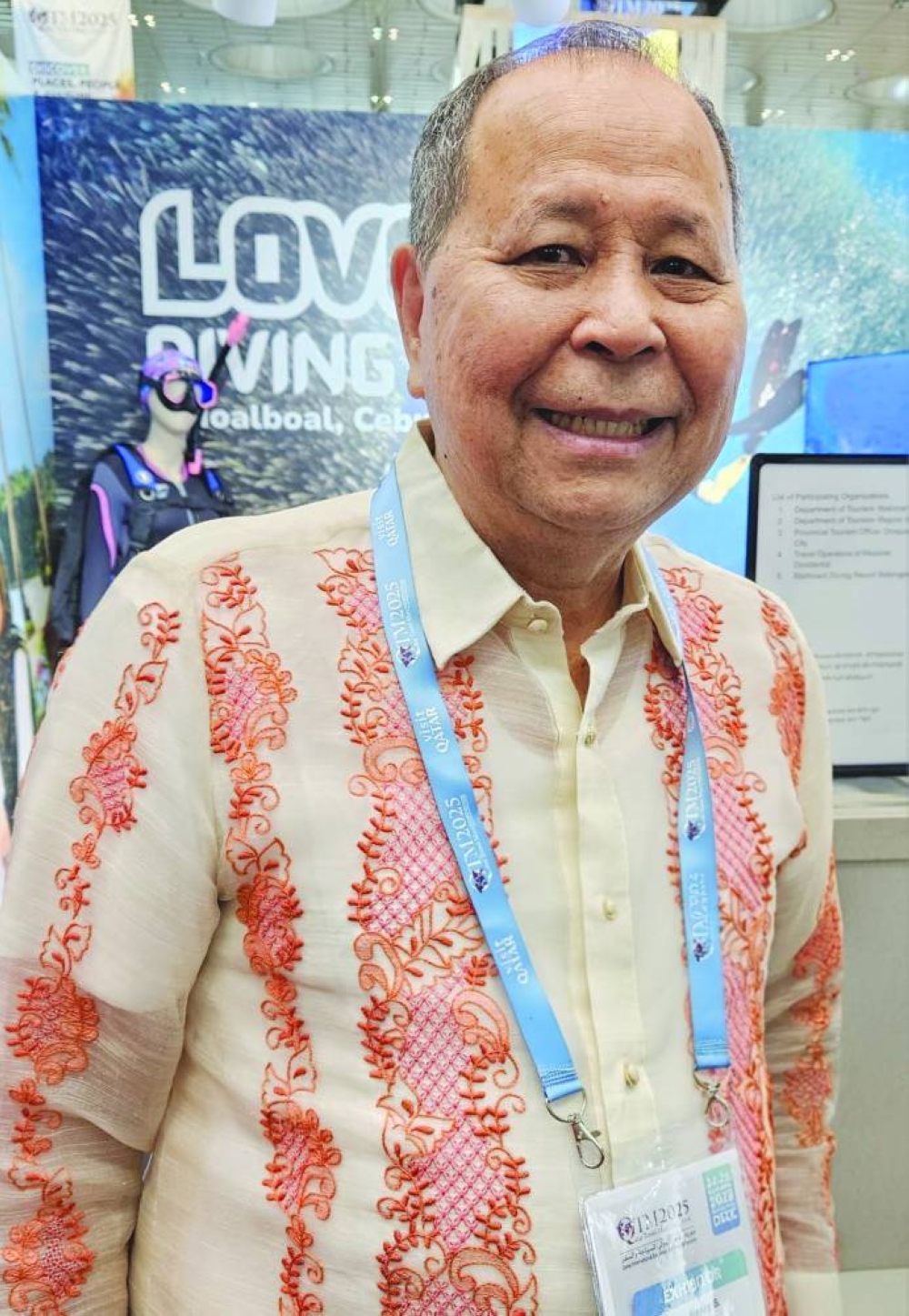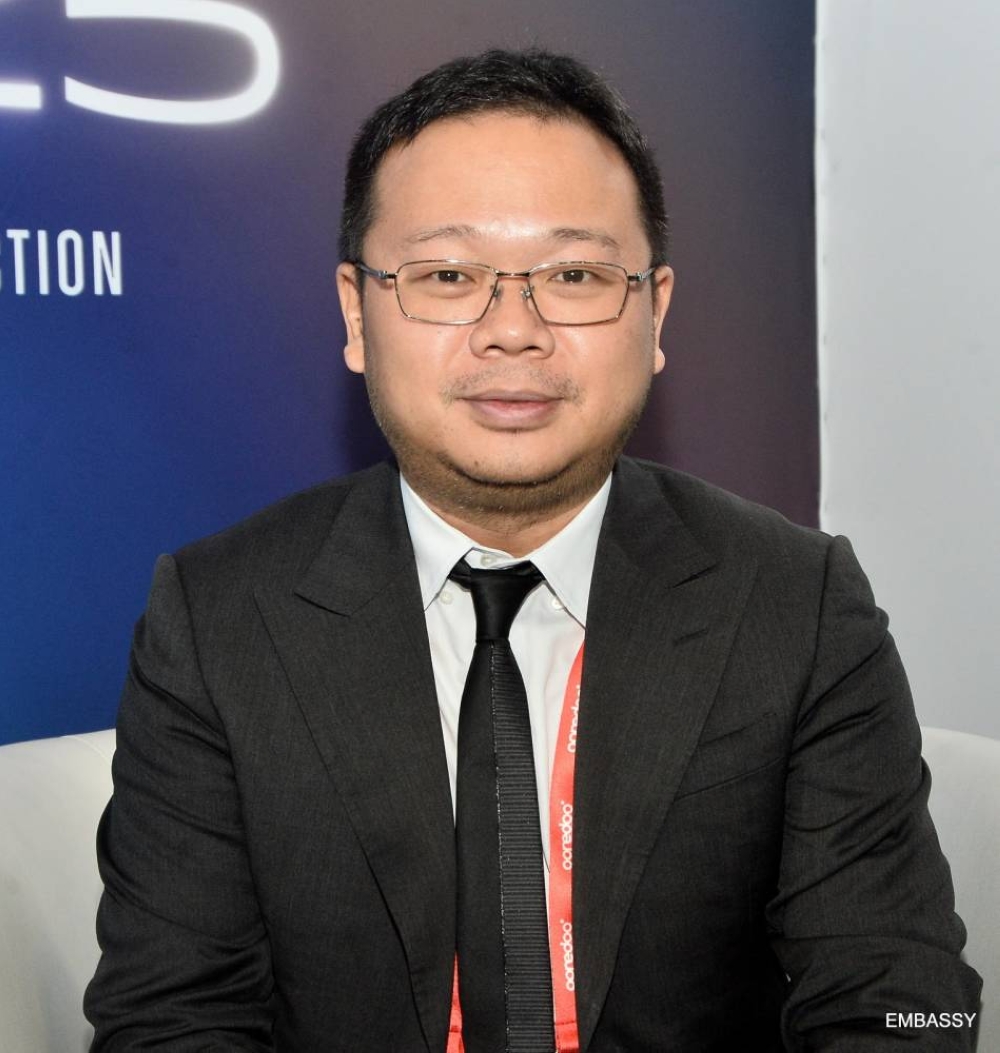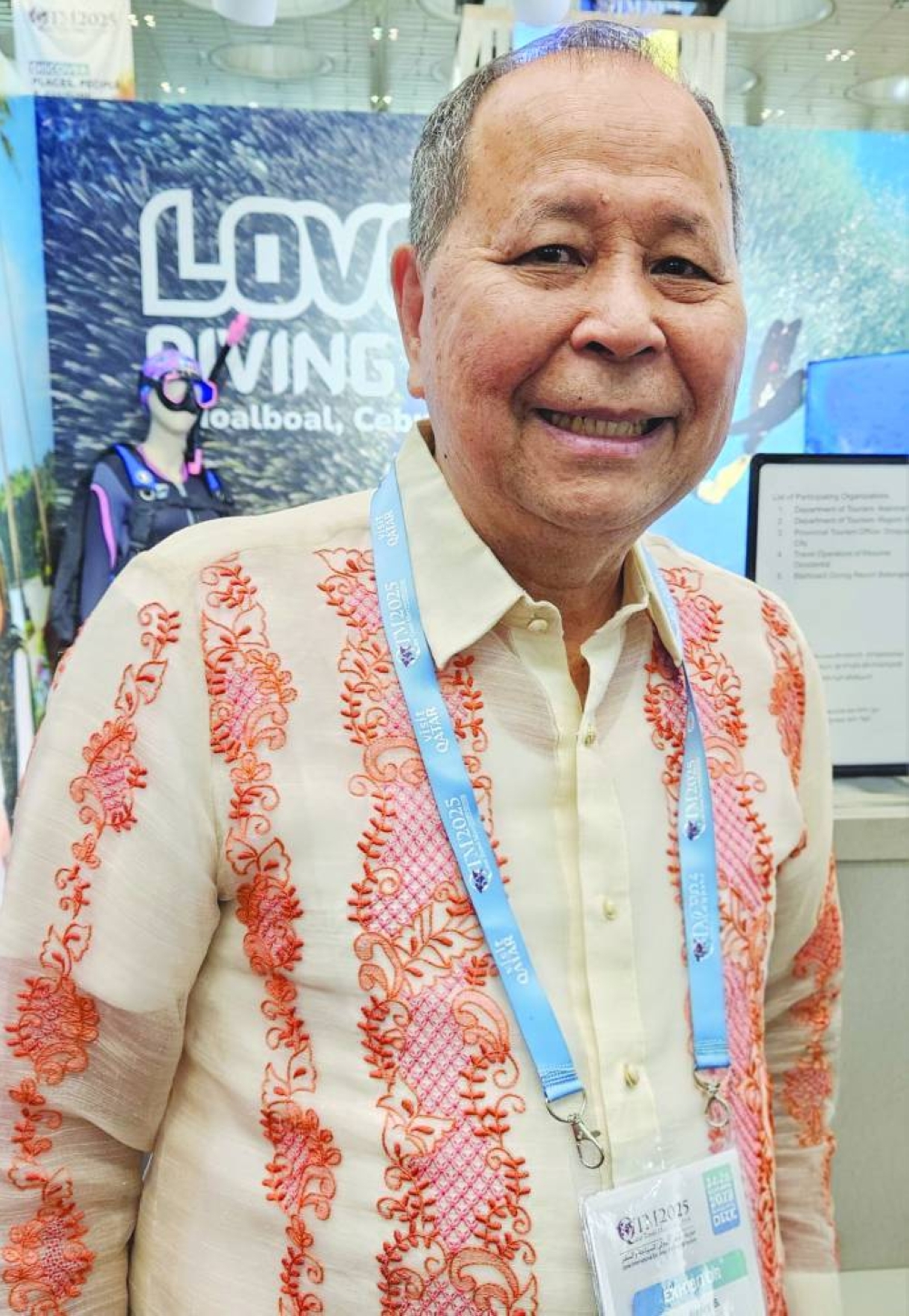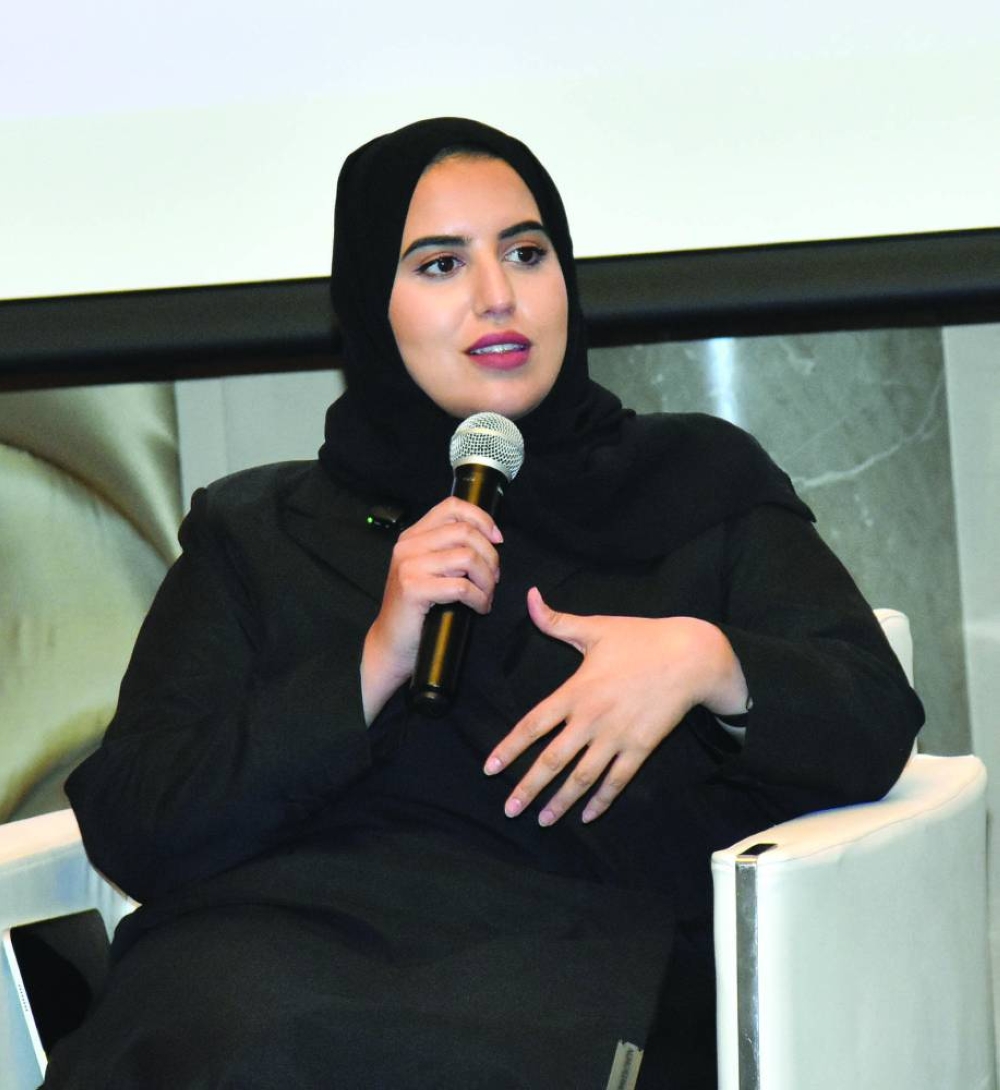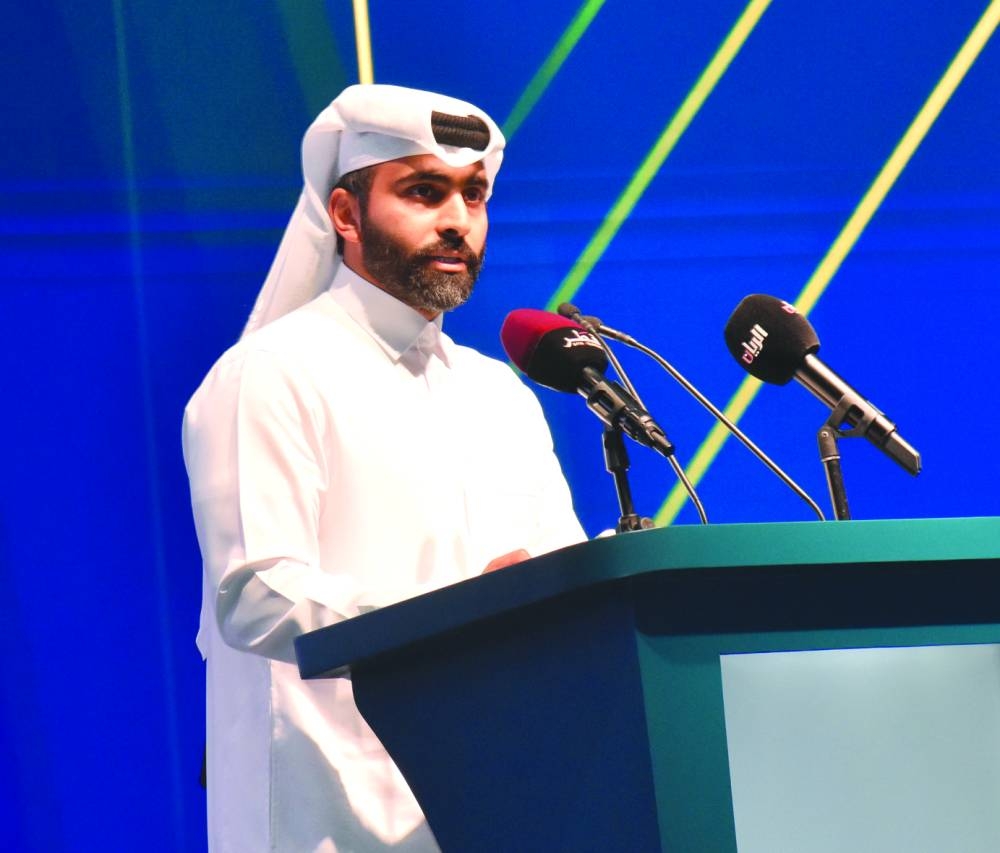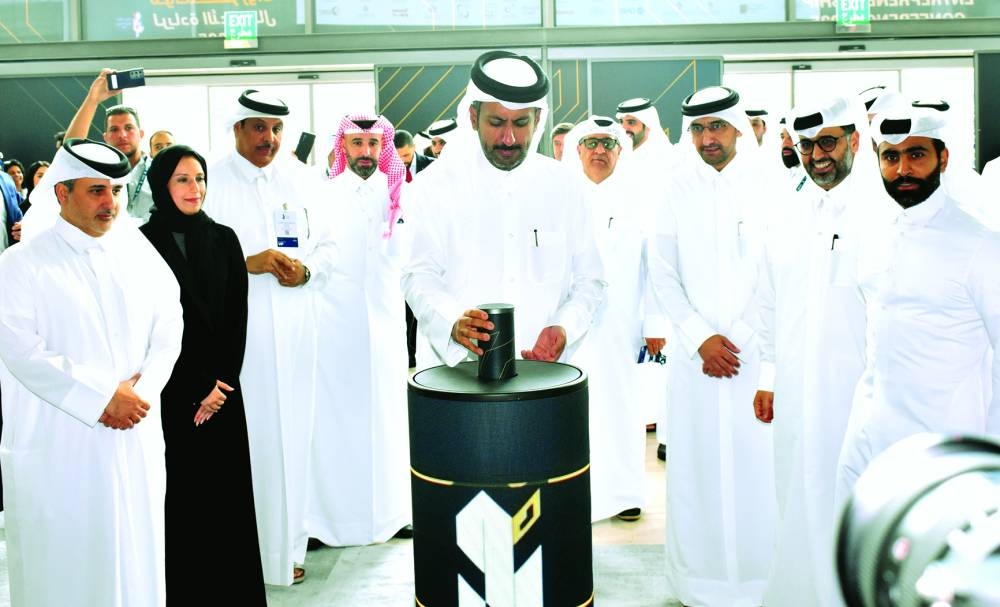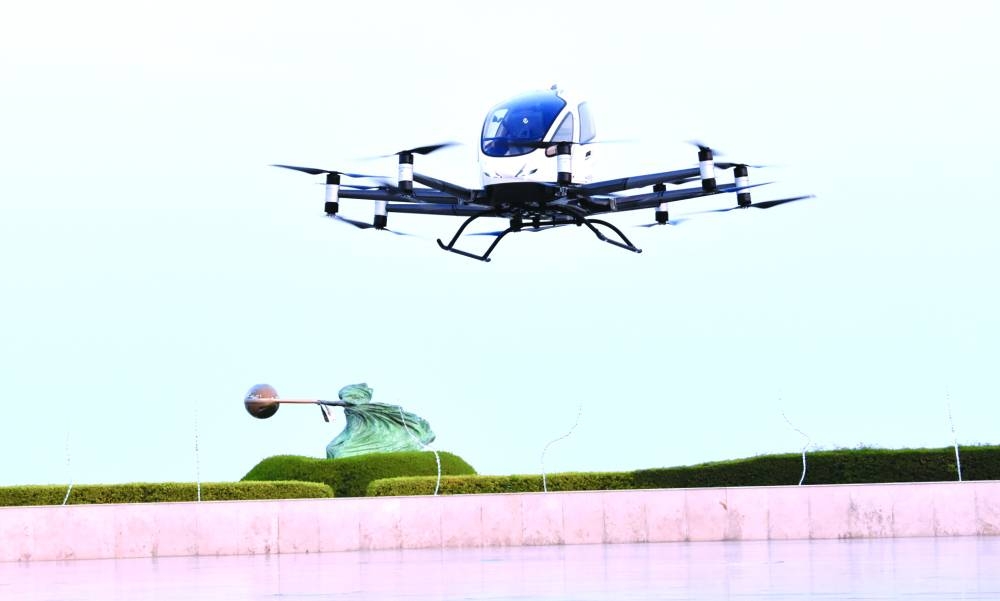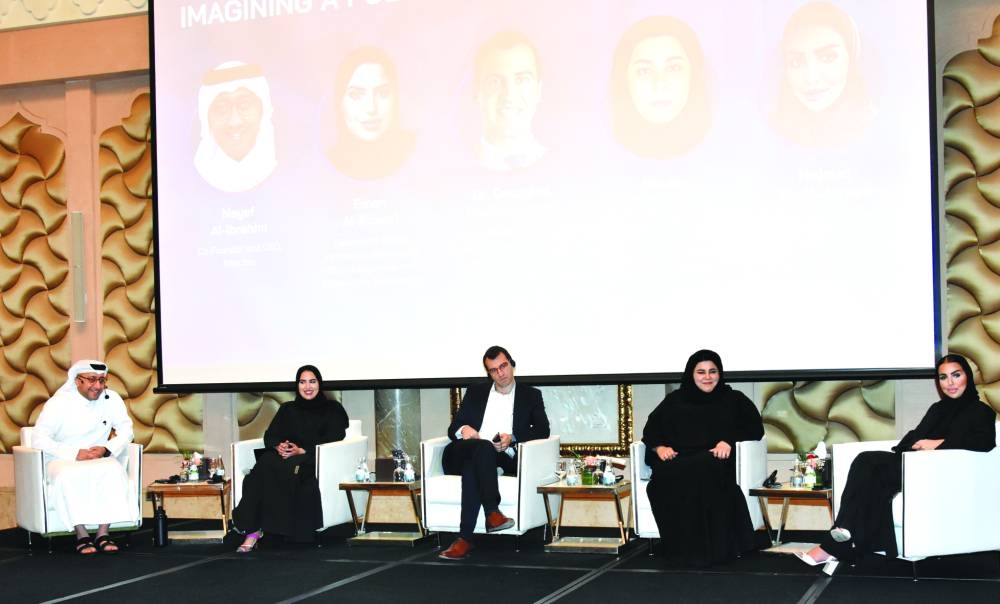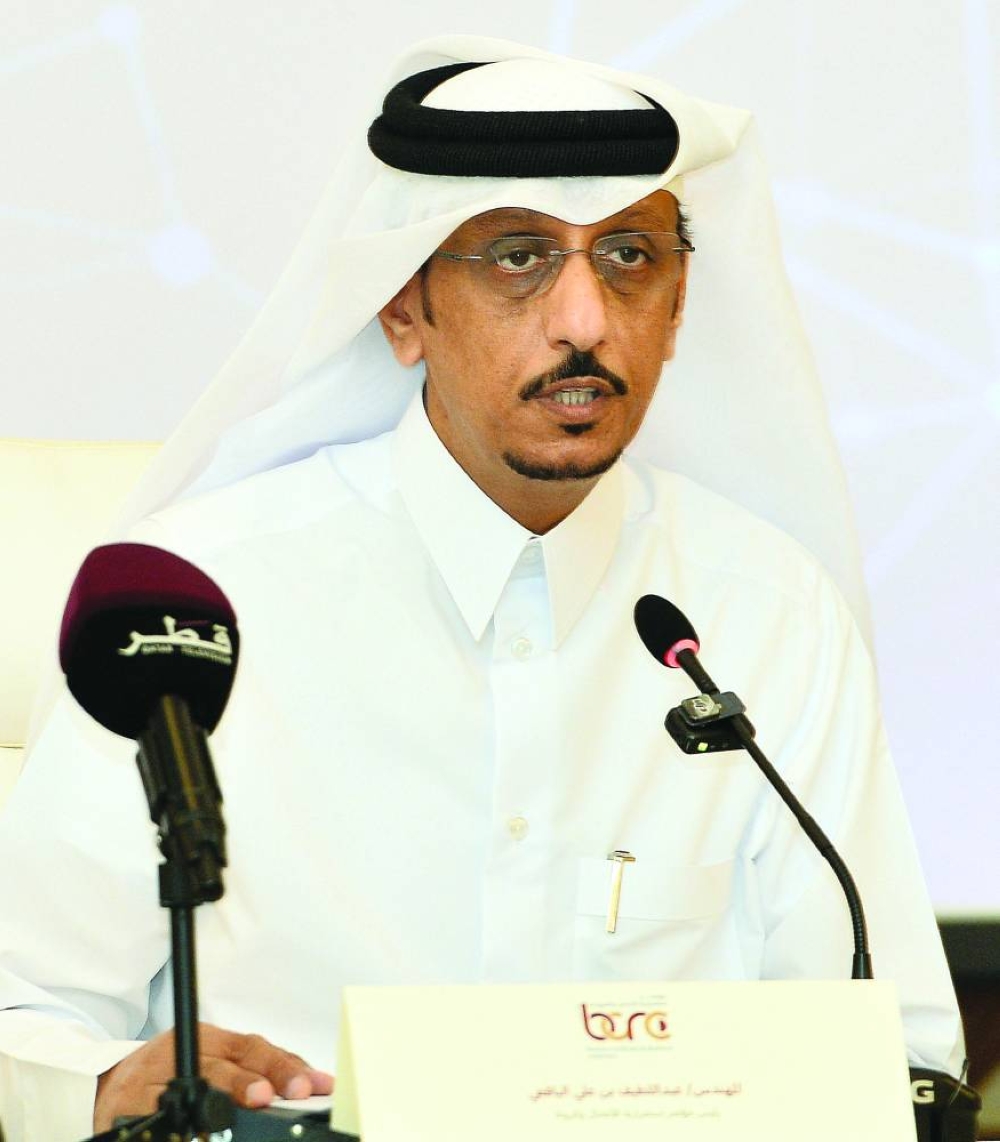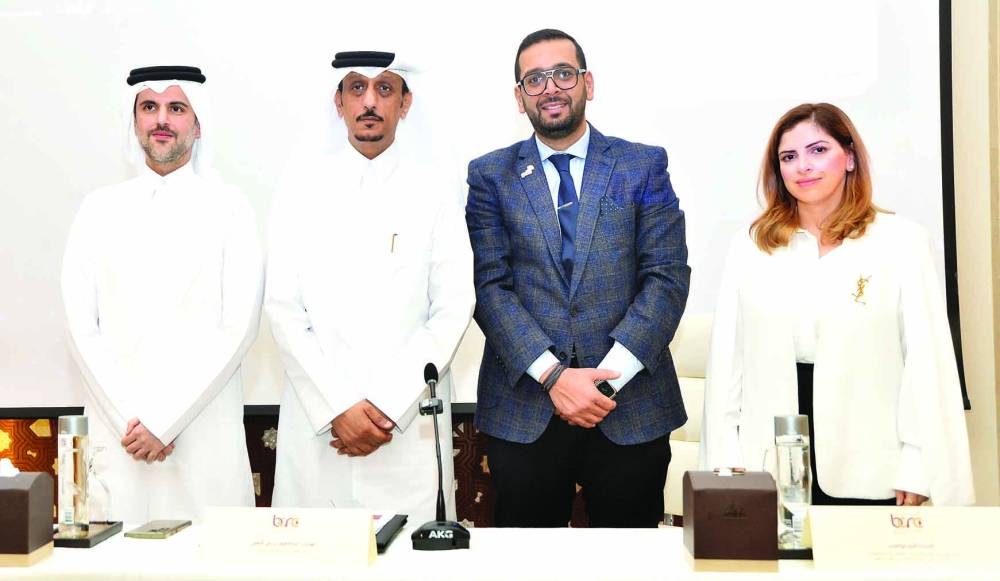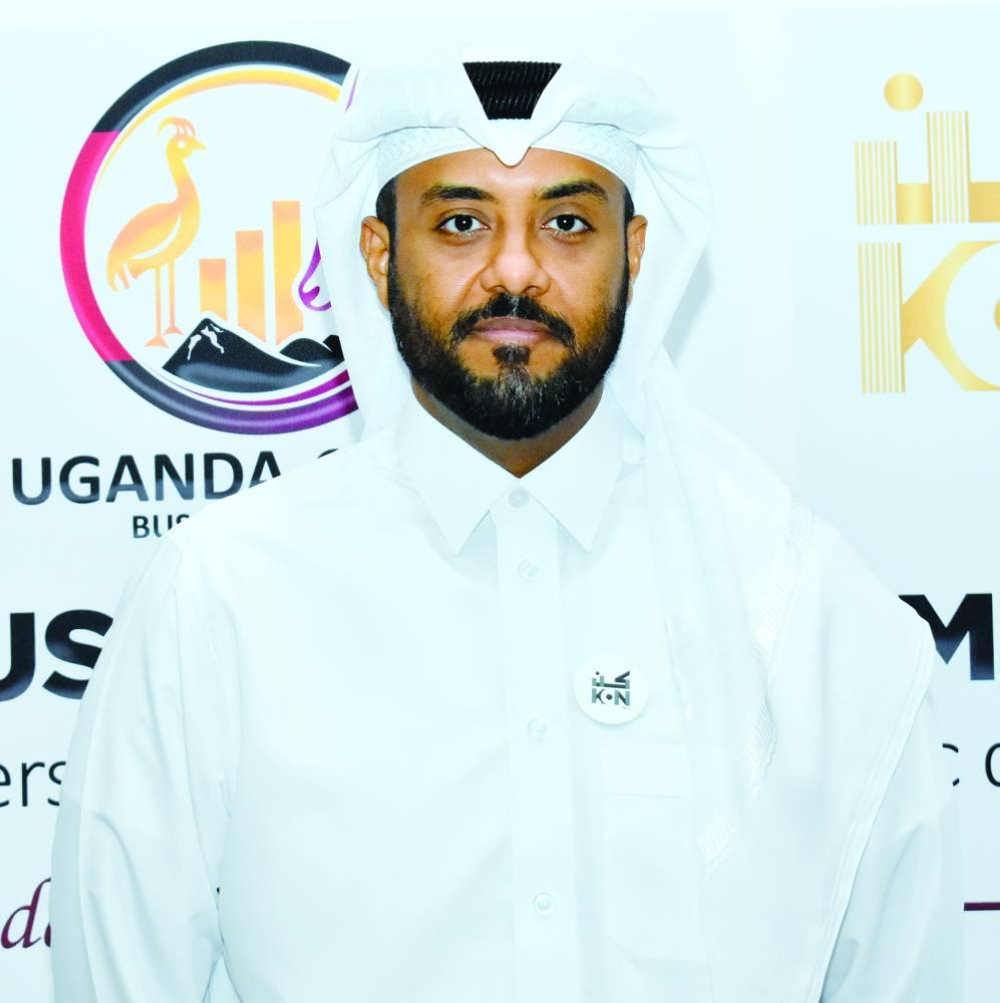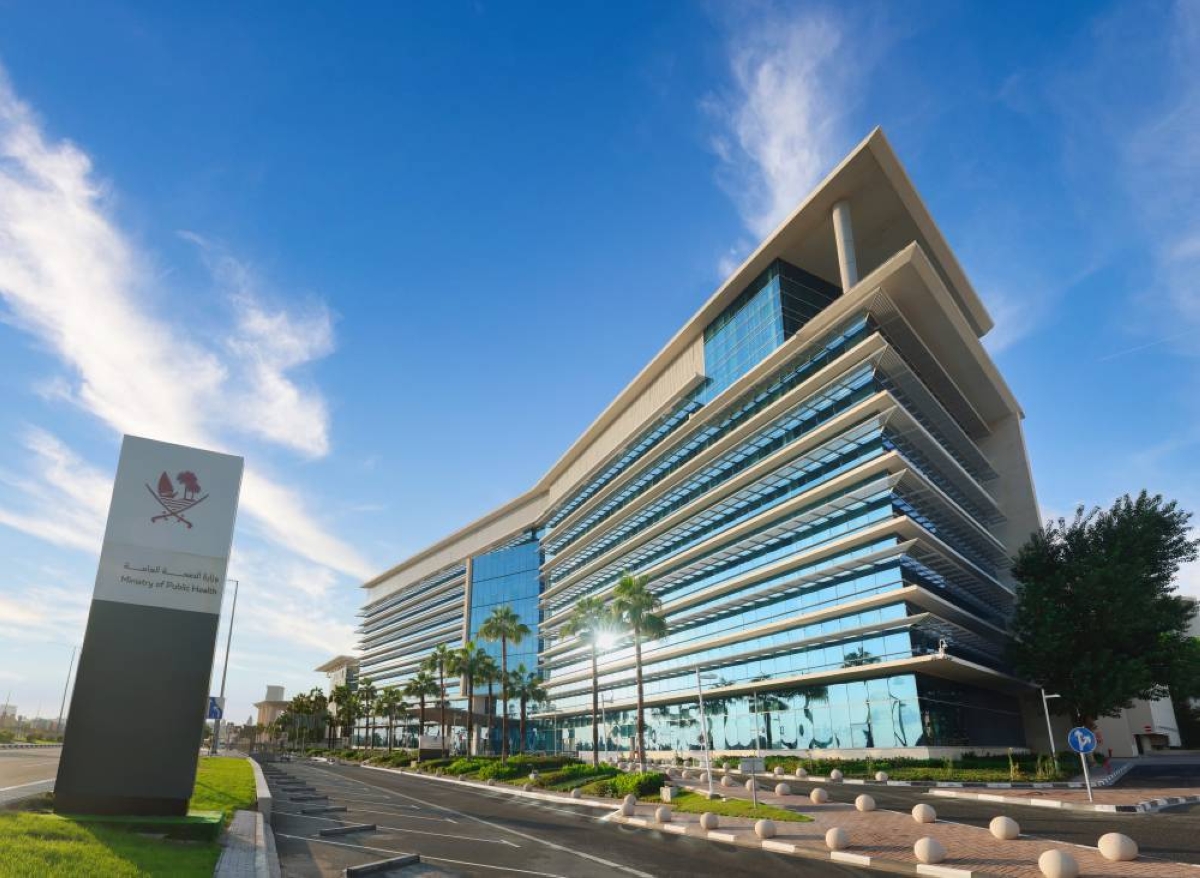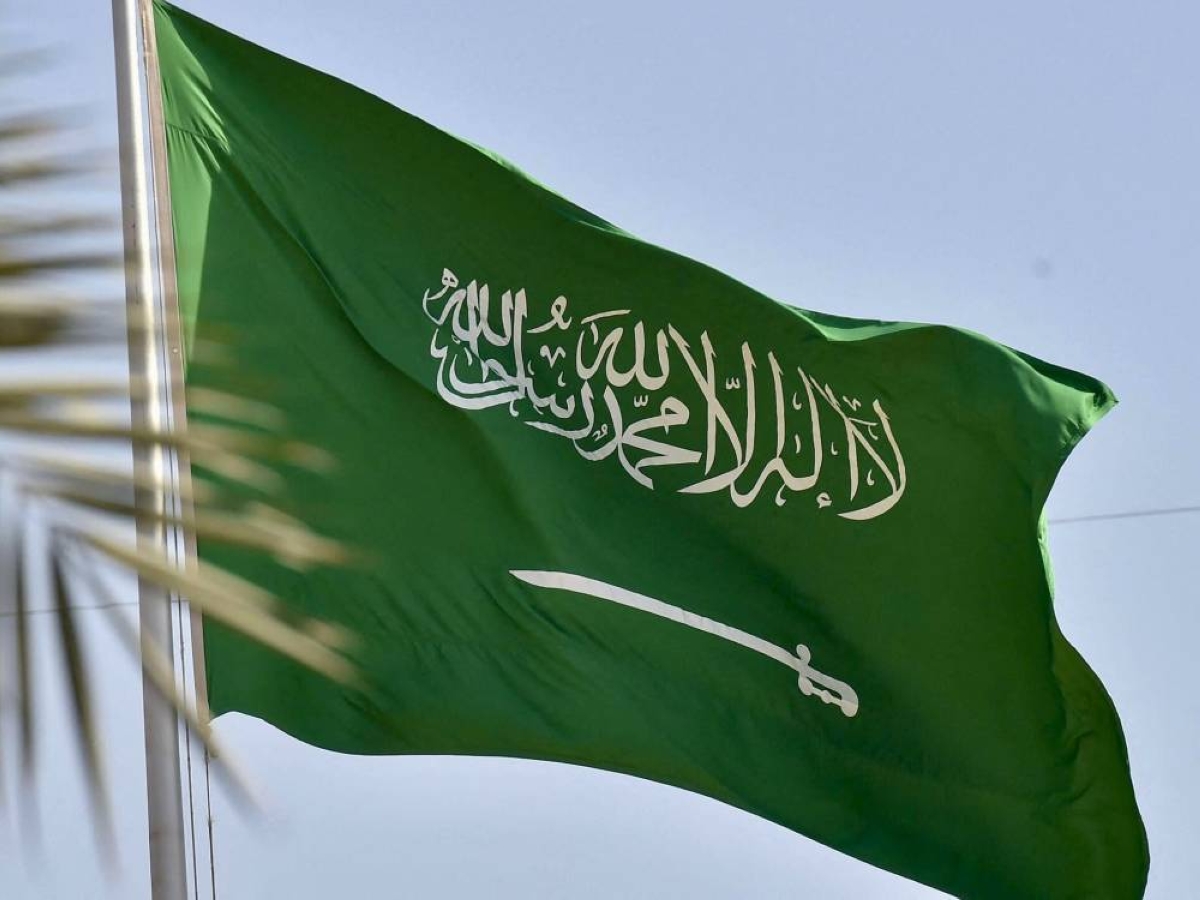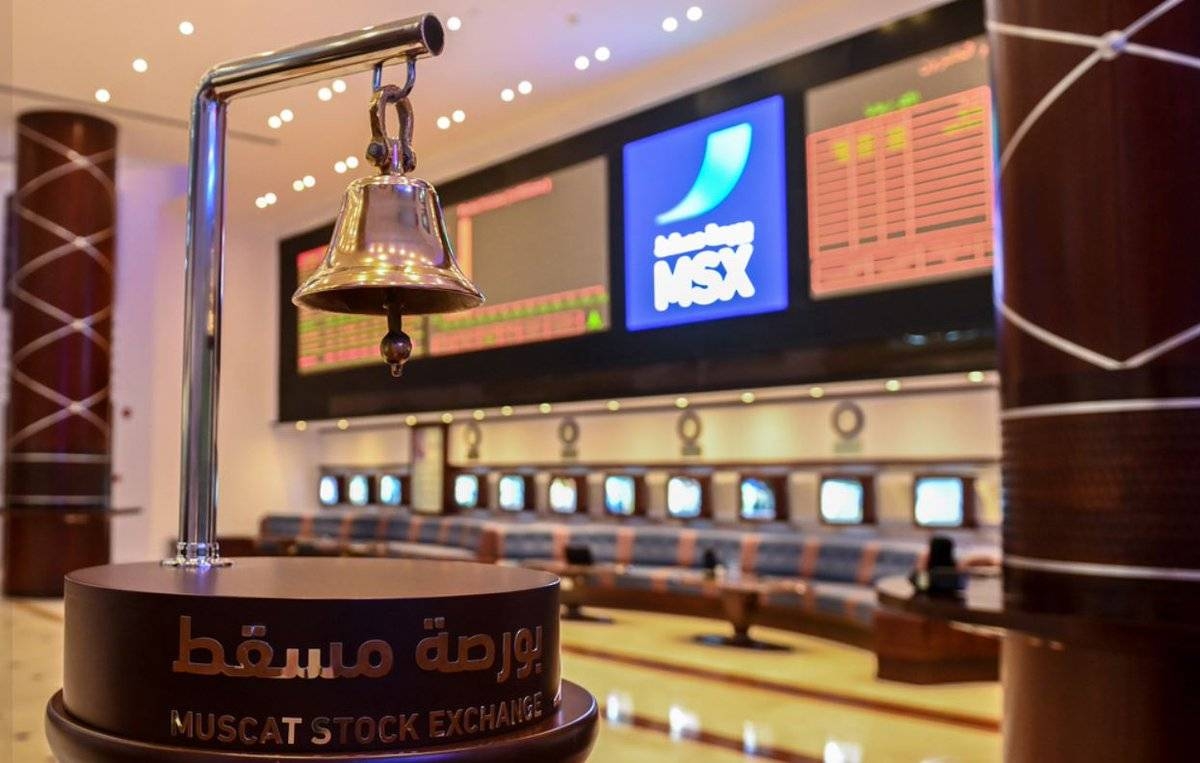On the sidelines of MWC Doha 2025, Huawei Cloud reaffirmed its commitment to supporting Qatar’s national digital transformation and economic diversification goals.Alan Qi, President of Huawei Cloud Middle East and Central Asia, spoke with Gulf Times about how the company is working with local partners to strengthen digital resilience, empower SMEs, and accelerate AI adoption. In this exclusive interview, Qi outlines Huawei Cloud’s role in advancing Qatar National Vision 2030, the strategic importance of its collaboration with MEEZA, and the company’s priorities in building sovereign, secure, and future ready digital infrastructure. How is Huawei Cloud working with Qatar to support its economic development initiatives and national vision? Alan Qi: As you know, Huawei is one of the world's leading cloud service providers. We’ve been empowering digital transformation in the Middle East for more than 20 years, including Qatar. So, we are dedicated to this market.Globally, we are now serving more than 900 cloud customers and more than 400 local partners. And we are also providing industry-tailored solutions. What we want to do is to bring our cloud technologies to Qatar not only for the government, but also for the oil and gas, banking sectors, and SMEs. We provide technologies for both public cloud services and our on-premises cloud solution, known as Huawei Cloud Stack. Some customers need local data protection and they care about data sovereignty, and for this we provide secure and scalable solutions on-premises. Meanwhile, our public cloud service is ideal for customers seeking managed cloud services.We are also developing our partner ecosystem and our talent ecosystem in Qatar, amplifying our long-term commitment to Qatar’s Vision 2030, especially in the digital and AI era. Elaborate further on the economic impact, and the social and government impact of this initiative? Alan Qi: Our economic impact initiatives focus on diversification and empowering local start-ups and SMEs. We achieve this by providing affordable, innovative cloud services, thereby lowering barriers to new service creation. This is possible by leveraging China's extensive industry experience, strong R&D capabilities, and latest ICT and cloud innovations.For example, our database and IoT services, data analytics, and transformational AI services will all be introduced to Qatar. This will accelerate government and enterprise level digital and AI transformation, while simultaneously creating job opportunities and diversifying local AI services and applications. You also mentioned a few GCC countries earlier in your statement. Can you again elaborate further on the social and governance impact of this initiative? Alan Qi: We operate across the GCC the Levant as well as Iraq and Pakistan. Our cloud empowers governments to build a wide array of smart services, including digital human, legal AI services, chatbots, government cloud, and AI cloudCloud technology is the foundation of all smart cities. Our cloud platform powers AI services at Neom in Saudi Arabia, while in the UAE, we’re partnering with the Dubai Municipality to fast-track their digital services. In Qatar, we work closely with MEEZA to provide digital services for government and enterprises, while introducing new technologies driving meaningful impact and positive change.We offer a range of AI capabilities, including leading models like DeepSeek, Huawei Pangu, and various other open-source large language models. Our goal is to introduce these technologies to society, creating significant social and governmental impact by optimising daily operations and business processes. The Huawei Cloud provides AI-native infrastructure and services to Qatar. Elaborate further on that and on the technology impact? Alan Qi: When we talk about cloud, it's not only about traditional AI services such as computing storage and network infrastructure. We also provide AI-native infrastructure, an end-to-end solution covering AI computing power, AI production lines, model management platforms, and service-level tools like our Versatile AI agent platform, to help customers build their own AI services.We are also introducing partners, like Neuxnet, and other Chinese partners who can build AI applications and use cases for any industry. This approach is more practical because AI's true value lies beyond mere buzzwords or GPU-as-a-service. Ultimately, AI must deliver tangible services and specific use cases tailored to any industry and business. How is Huawei Cloud helping Qatar build a resilient, sovereign and secure digital transformation? Alan Qi: We build cloud services on-premises because I believe, especially nowadays, that data sovereignty security is the highest priority for Qatar. Robust, secure, and scalable on-premises cloud stacks are critical. We observe significant demand for these, particularly from government entities and for highly secure services.We provide on-premises Huawei Cloud Stack with full service capabilities. All services available on our public cloud, including our leading and most innovative offerings, are also provided on-premises. These are fully managed and operated locally, in line with Qatar’s secure and sovereign vision.We ensure seamless integration and synergy between our on-premises offerings and public cloud. This technical alignment enables us to quickly bring new public cloud services to on-premises platforms. Can you provide a technology perspective? Alan Qi: At Huawei Cloud, we define our cloud services in three layers. The first layer is Infrastructure as a Service, the second layer is the Technology as a Service, and the top layer is the Expertise as a Service.Infrastructure as a Service provides the general computing power, the AI computing service, storage network and security, along with the CDN (Content Delivery Network) service.Technology as a Service is our database as a service layer with four categories for three production lines. The first is the data, which we call DataArts, our platform that provides comprehensive data governance and management. It offers database, big data, and data analytics services, enabling users to perform data analysis, modelling, and development. The second is ModelArts and versatile, our AI studio. This suite provides comprehensive AI computing resources management, model training, refining, development, deployment and management, AI service production, and AI agent production capabilities. The third is CodeArts, our one-stop software development pipeline based on Huawei’s many years of R&D best practice. We also have a security pillar, SecMaster, which provides one-stop automated security operations to safeguard cloud resources so that users can proactively prevent and respond quickly to threats. What makes the Huawei–MEEZA collaboration strategically important for Qatar? Alan Qi: MEEZA is a well-known and reputable company in Qatar, distinguished by its robust local infrastructure and strong partnerships with telecom operators, government, and enterprises.Our cooperation with MEEZA deepens our long-term commitment to drive Qatar's digital leadership and economic diversification. For Huawei Cloud and also for Huawei, in general, we’re unifying MEEZA’s local presence, the brand, and local support with our latest technology, manifested by the creation of a cloud we’ve built together. We provide the latest technologies and capabilities on this cloud to ensure that Huawei’s latest cloud’s services are available in Qatar. Together with MEEZA as our partner, we’re ensuring these services are deeply tailored, and offering the best support to the local market. We have an initiative that is anchored on four key pillars. The first is 'Private Sector Leadership', empowering the private sector to spearhead national digital development, in line with Qatar National Vision 2030. Second, we prioritise 'Sovereignty and Security', ensuring that digital transformation is robustly secured and national sovereignty is fully safeguarded. Third, we focus on 'Accelerating Cloud and AI Capabilities', driven by our commitment to bring the latest technologies to Qatar, avoiding legacy systems and reflecting the nation's advanced innovation.Finally, we emphasise 'Building Local Talent' through partnerships with universities and QDA-MCIT, and the 'Future Leader Programme'. This initiative annually provides internships to top university students, especially local Qataris, many of whom successfully transition into roles at Huawei. How can enterprises in Qatar implement AI more efficiently? What role does Huawei Cloud play? Alan Qi: Well, AI is the hottest topic. Today, when we talk to any customer, any partner, they will always start with AI. Nobody will ignore that. But in the epic global AI innovation race, there are two ecosystems pioneering AI development – the US and China. I want to give you one reference. The top 20 open-source large language models listed on Hugging Face comprise 17 from China, two from the US, and one from Europe. This shows that China is really evolving fast. It is moving so fast not only in AI technologies, AI computing power, AI infrastructure, and AI data centre with liquid cooling solutions, but also in supporting a supercomputing pool. On the model layer, DeepSeek and Huawei Pangu models are leading the charge in Chinese open source models, as well as AI use cases. So, how can enterprises in Qatar implement AI more efficiently? I think there are four important factors: data, computing power, models, and service application. If you want to build an AI service and implement AI more efficiently, I think we should first learn from industry best practice. There are many innovations and practical use cases in China, the US, and Europe. It is also important to integrate some out-of-the-box solutions and ideas aligned with business needs, so they have a concept, and can design what their targeted services are and what their targeted AI-enabled business process is. Second, businesses need a data partner, as high-quality, clean data is the indispensable foundation of AI. Without it, intelligent services are unachievable. Huawei and its partners offer comprehensive assistance with data connection, cleaning, and labelling. Third, when choosing models, explore the many open-source options. Crucially, always select the latest version that precisely aligns with specific business needs. And also, government entities, and large enterprises want to have a commercialised model, this is where Huawei can support, as well as with our Pangu models, supporting not only the large language model but also for the computer vision model and multi-modality models. Last but not least, is AI computing power. Since Huawei has invested significantly in AI infrastructure and AI computing power, customers can seamlessly to access and acquire AI computing power through Huawei Cloud. In the future, we will have on-premises solutions as well. Huawei has been working in Qatar for more than 20 years. We would like to be the trusted advisor and the AI consultant for our customers to help them build and implement their AI services to start this AI journey with our strong local support. In the Middle East and Central Asia region, Huawei has a presence in 21 countries. We have thousands of employees in the Middle East and Central Asia and more than 4,000 partners. We are not a small company, we can really help from all aspects and we are here for the long term. Especially today in Qatar, you can see that Huawei has shown its big presence here. This is also our commitment to this market.


